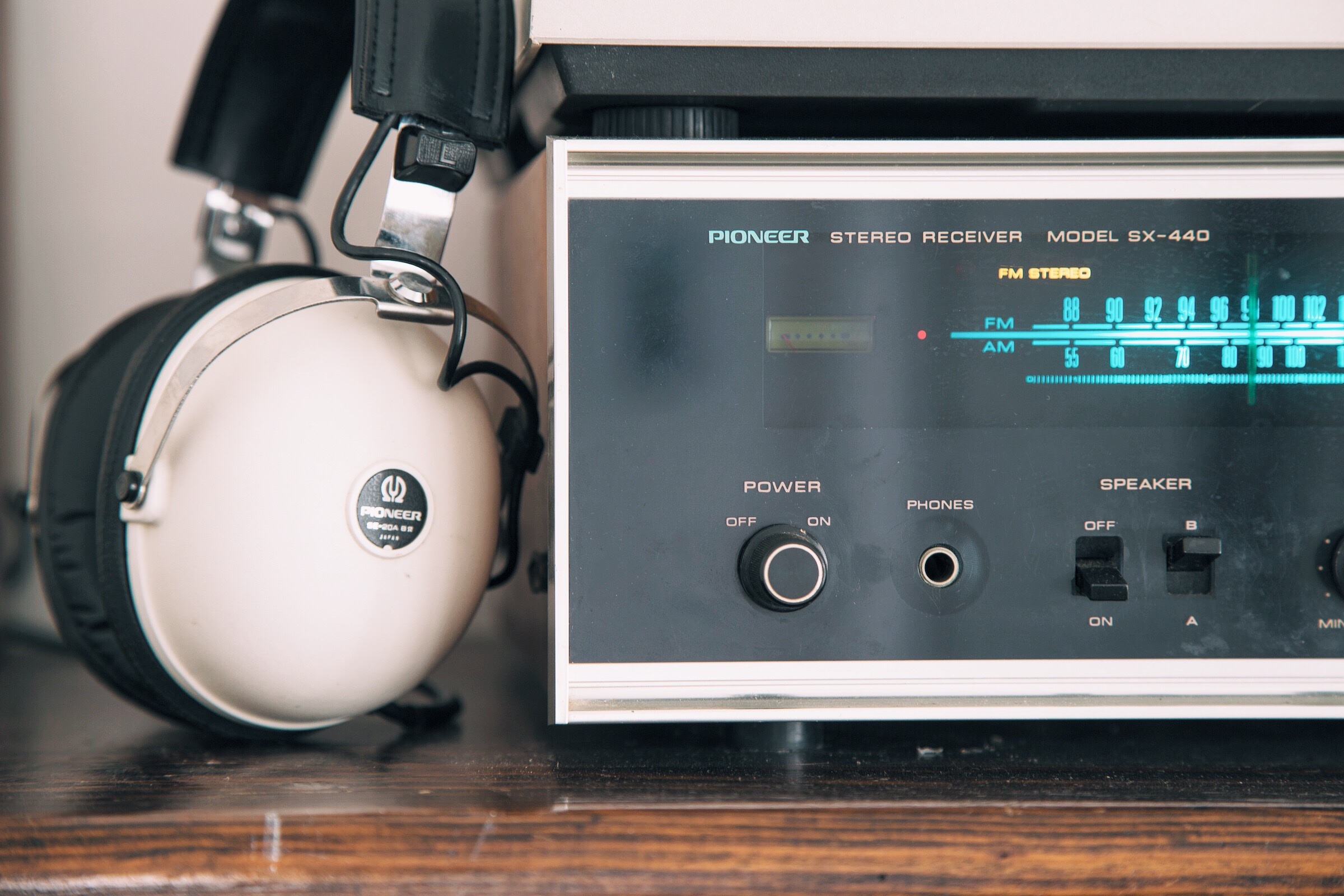Music and engineering are at the core of my life and education since I was a teenager. I started recording and producing sessions on a four-track tape machine, while I was studying piano, guitar and bass.
I pursued an Integrated Masterʼs Degree in Electronic Engineering at the University of Bologna. It meant six years of analog and digital signal processing, circuit design, amplification technology, data transmission systems and, at the same time, bands, music and concerts.
I included among my subjects applied acoustics, which was mainly focused on architectural acoustics and measurement systems. This further nurtured my passion for music production; it fed my curiosity about the physical locations where music is created, reproduced, recorded and, most importantly, heard.
I then started a European PhD program. My research focused on analog-to-digital converters, lossless data compression and innovative high quality music formats, including and surpassing the Super Audio CD standard. Some of the findings were presented at an AES convention in Paris, where I luckily met my future mentor, professor Angelo Farina.
During my PhD years I also enjoyed working at Maserati where I held the post of Sound Quality Engineer; this experience naturally left me strong communication skills, team work principles and the foundations of quality processes and procedures.
At the end of my PhD I decided to improve my self-learned mixing and mastering skills, and I attended a professional training at Fonoprint Studios in Bologna. This is one of the largest Italian recording facilities where artist in the like of Ramazzotti, Pausini, Zucchero have produced part of their catalogue.
After this long and diverse educational experience I started to work as teaching assistant of analog and digital oscillator design at the University of Bologna. This period during which I could practice both sound engineering and teaching was possibly one of the most rewarding moments of my life.
I had the chance to share my passion for music, innovation and technology with students and researchers inside and outside the academic context.
After that, I started a professional collaboration with Magneti Marelli as a research associate, with the tutorship of professor Farina. This eventually snowballed into my career in the audio industry.

